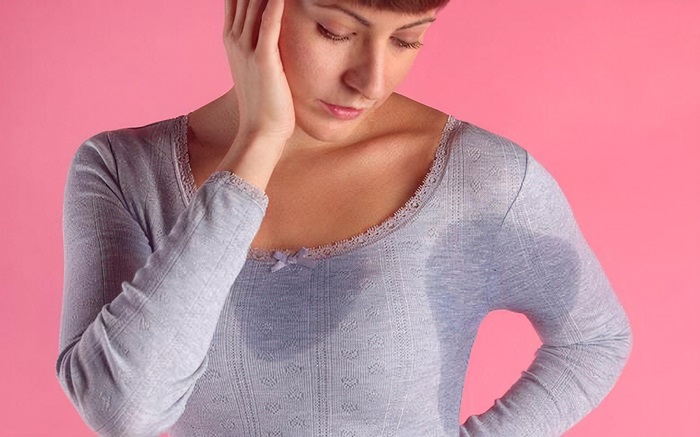Night sweats after pregnancy can be an uncomfortable and often concerning experience for new mothers. But what causes this phenomenon? Let’s explore.
After pregnancy, a woman’s body undergoes significant hormonal shifts. The levels of hormones like estrogen and progesterone, which were elevated during pregnancy, start to return to normal. This process can disrupt the body’s thermoregulatory system. Estrogen, in particular, has an impact on the hypothalamus, the part of the brain that controls body temperature. As these hormone levels fluctuate, it can lead to night sweats. It’s like your body’s internal thermostat is adjusting, and sometimes it overcompensates.
Some new mothers may experience postpartum thyroiditis, an inflammation of the thyroid gland. This condition can affect the thyroid’s function, causing it to produce either too much or too little thyroid hormone. When the thyroid is overactive (hyperthyroidism), it can speed up the body’s metabolism, which in turn can lead to night sweats. The body’s increased metabolic rate generates more heat, and sweating is the body’s way of trying to cool down.
The demands of a new baby can bring about significant stress and fatigue. New mothers are often sleep – deprived, constantly on the go, and dealing with the emotional and physical challenges of caring for an infant. Stress can activate the body’s stress response system, releasing hormones like cortisol. High levels of stress and fatigue combined can disrupt the normal functioning of the autonomic nervous system, which controls involuntary body functions including sweating. This can result in night sweats as the body’s normal balance is thrown off.
In some cases, night sweats after pregnancy may be a sign of an underlying infection or illness. For example, new mothers are more susceptible to urinary tract infections due to changes in the urinary tract during pregnancy. Other common postpartum infections include endometritis (infection of the lining of the uterus) or mastitis (infection of the breast tissue). These infections can cause the body to raise its temperature as part of the immune response, leading to sweating, especially at night.
Certain medications or supplements that new mothers may be taking can also cause night sweats. Some pain medications prescribed after childbirth, or even iron supplements if they are not well – tolerated, can have side effects that include sweating. It’s important to review any medications or supplements you’re taking with your healthcare provider if you’re experiencing night sweats.
The environment in which a new mother sleeps can also play a role. A warm bedroom, heavy bedding, or wearing thick pajamas can make night sweats worse. Additionally, lifestyle factors such as consuming caffeinated beverages late in the day or eating spicy foods close to bedtime can increase body heat and contribute to sweating during the night.
In conclusion, night sweats after pregnancy can have multiple causes, ranging from hormonal changes to lifestyle factors. If you’re experiencing persistent or severe night sweats, it’s important to talk to your healthcare provider. They can help determine the underlying cause and recommend appropriate treatment or management strategies to help you get a more comfortable night’s rest.
Read more
- Night Sweats 3 Months After Pregnancy: Causes & Treatments
- How To Stop The Night Sweats?
- 7 Signs Of Early Pregnancy & Preparation


